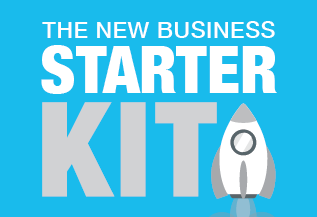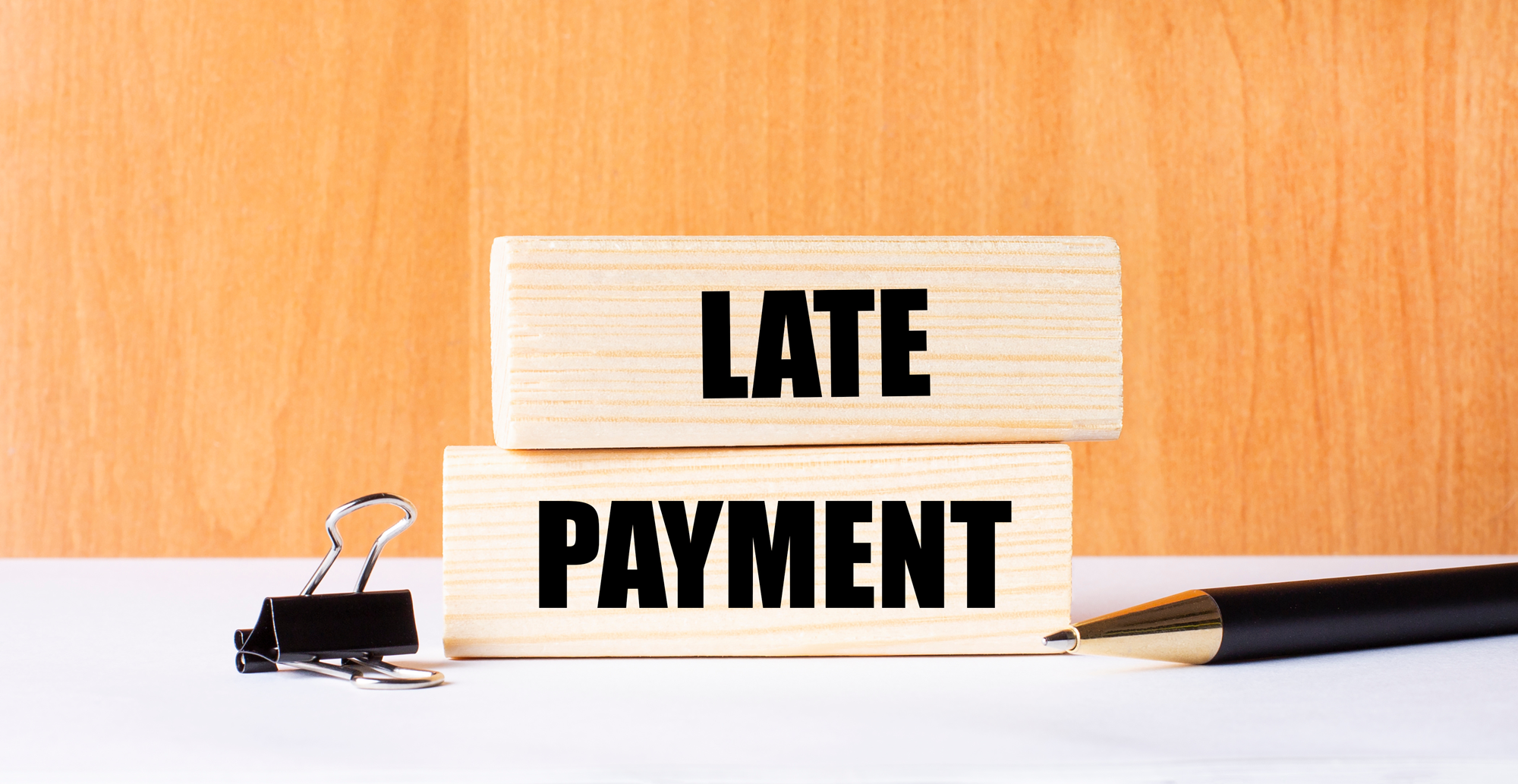Here’s What Business Owners Need to Know About Australia’s Rollout of the Coronavirus Vaccine

With the rollout of Australia’s coronavirus vaccine scheduled to commence in early March there are some key things that every small business owner needs to know.
The medical regulator has approved both the Pfizer vaccine and the Oxford University - AstraZeneca coronavirus vaccine and the order of the vaccine rollout will see quarantine and border workers, frontline health care workers, aged care workers and disability care staff at the front of the queue. Next in the queue are workers in health care, meat processing and the public services including police, army, fire, and emergency services. The elderly (aged 70 to 79), Aboriginal and Torres Strait Islander people aged 55 and above, and younger adults with underlying medical conditions will also be prioritised to receive the jab.
The next phase includes mainly adults aged 50 to 69 plus ‘other critical and high-risk workers’ but there are no details about these specific industries. The final rollout of the vaccine will be to the general adult population and lastly teenagers 16 and under. At this stage there is no definitive dates as to when these phases will start and finish, but the process will take months.
Can You Insist Staff Take the Vaccine?
The Government expect a small percentage of the population to resist inoculation and given the importance of the coronavirus vaccine to public health and economic recovery, they are launching a massive three phase advertising campaign to educate the public and remove any fears or concerns.
The Federal Government have said the coronavirus vaccine will not be compulsory, however, some industries will require workers to get vaccinated. Legal experts suggest some employers have the right to introduce a vaccine policy in their business, particularly if there is a significant risk to workplace health and safety. Obviously high-risk Industries including hospitals, meat processing, aged care facilities and organisations that work with children are expected to push for vaccination. For other industries, it is somewhat of a grey area and it will depend on the industry conditions and balancing the employer’s duty of care to others with the employee’s reason for rejecting the vaccine.
 The Fairwork
Ombudsman
states that there are limited circumstances where an employer may require their employees to be vaccinated against coronavirus.
Employers that have an enterprise (or registered) agreement or employment contract in place requiring vaccinations (which would need to be
updated to specifically include coronavirus vaccinations) would still not be enforceable if the terms of the contract do not comply with
anti-discrimination legislation. As there is currently no specific legislation or public health order enabling employers to require their
employees to be vaccinated against coronavirus employers would need to consider whether it is lawful and reasonable to give their employees
a direction to be vaccinated.
The Fairwork
Ombudsman
states that there are limited circumstances where an employer may require their employees to be vaccinated against coronavirus.
Employers that have an enterprise (or registered) agreement or employment contract in place requiring vaccinations (which would need to be
updated to specifically include coronavirus vaccinations) would still not be enforceable if the terms of the contract do not comply with
anti-discrimination legislation. As there is currently no specific legislation or public health order enabling employers to require their
employees to be vaccinated against coronavirus employers would need to consider whether it is lawful and reasonable to give their employees
a direction to be vaccinated.
The Cost of the Vaccine
The Federal Government have stated the COVID-19 vaccine will be free for all Australian permanent residents and temporary visa-holders. As
such, there will be no cost to business owners.
This article forms part of our Business Accelerator Magazine. Download the latest edition HERE or browse other articles from this edition below:
- What Drives Your Business Growth and Profits?
- Planning for a Pandemic
- Recession Buster Edition #4 - Grow Your Business by Improving Your Systems & Processes
- Victoria's Circuit Breaker Action Business Support Package
- Return to Top
Disclaimer: This newsletter contains general information only. No responsibility can be accepted for errors, omissions or possible misleading statements. No responsibility can be accepted for any action taken as a result of any information contained in these articles. It is not designed to be a substitute for professional advice and does not take into account your personal circumstances.




